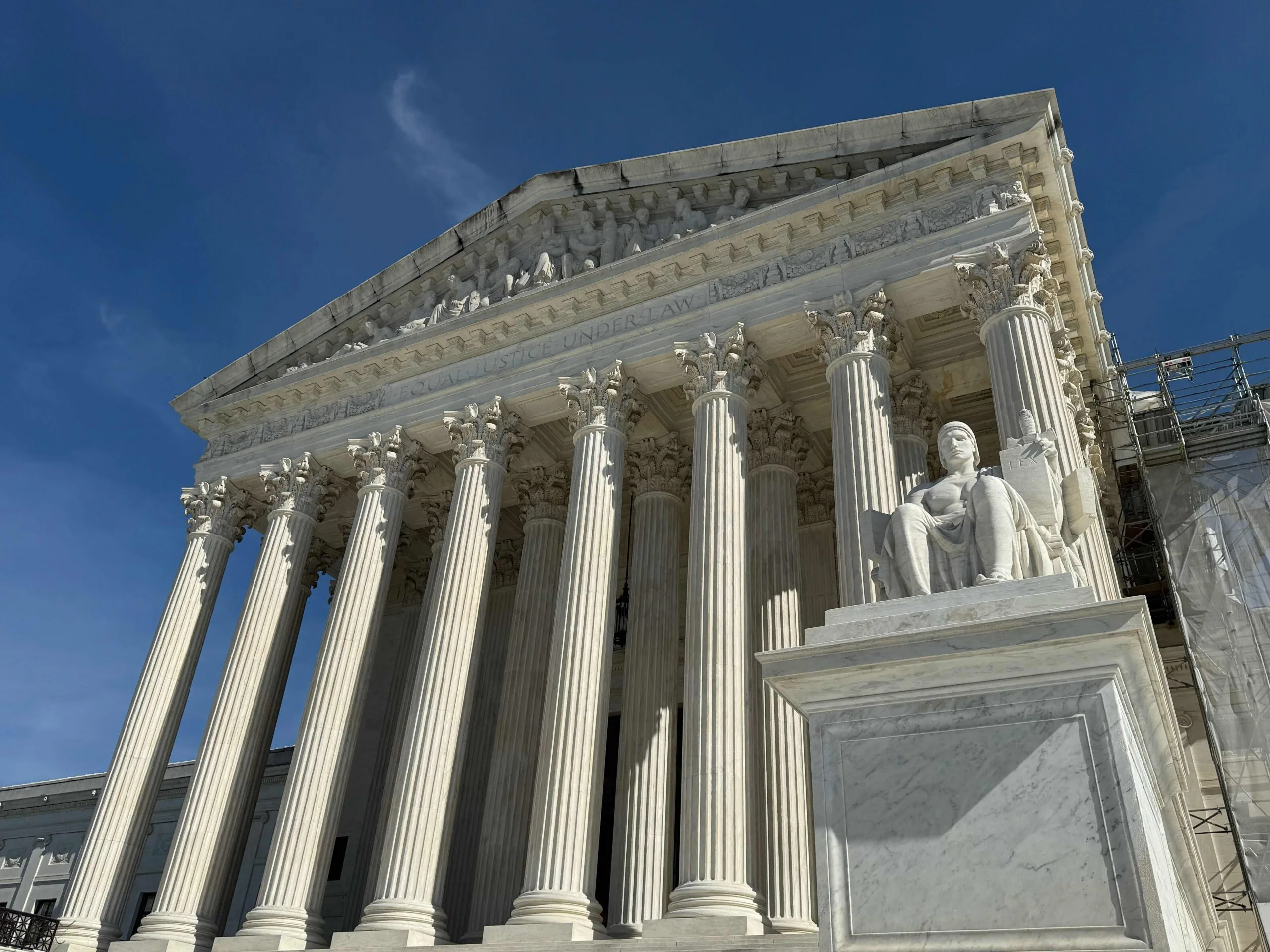A trade group for the adult entertainment industry will appear at the Supreme Court on Wednesday in its challenge to a Texas law that requires pornography sites to verify the age of their users before providing access – for example, by requiring a government-issued identification. The law applies to any website whose content is one-third or more “harmful to minors” – a definition that the challengers say would include most sexually suggestive content, from nude modeling to romance novels and R-rated movies.



Indeed, I find that few things have done more to ruin my sense of common decency than HC Andersen’s The Emperor’s New Clothes and that’s a story all about public nudity.
Did you bring that up because it’s such a good analogy for the Trump presidency? I feel like I’ve been inside a version of that story since about 2020
It’s a good analogy for a lot of things. The story mocks the human tendency to go along with obvious nonsense; to conform to expectations.
Such obscenity laws originate in centuries past, when people unironically believed that masturbation makes you go blind or crazy, rather than helping prevent prostate cancer. Society collectively believed that having sex the wrong way would end with you going to hell. Pornography might make the boys gay or wear women’s clothes. Well, if you look at who passes these laws now, maybe those beliefs haven’t died out.
The point is simply that there is nothing inherently harmful in being exposed to porn. Sure, some of it is disturbing or may give you bad ideas about how the world works, but that’s true for any kind of media. Whether referring to minors, eg 17-year-olds, as children is appropriate is another matter.